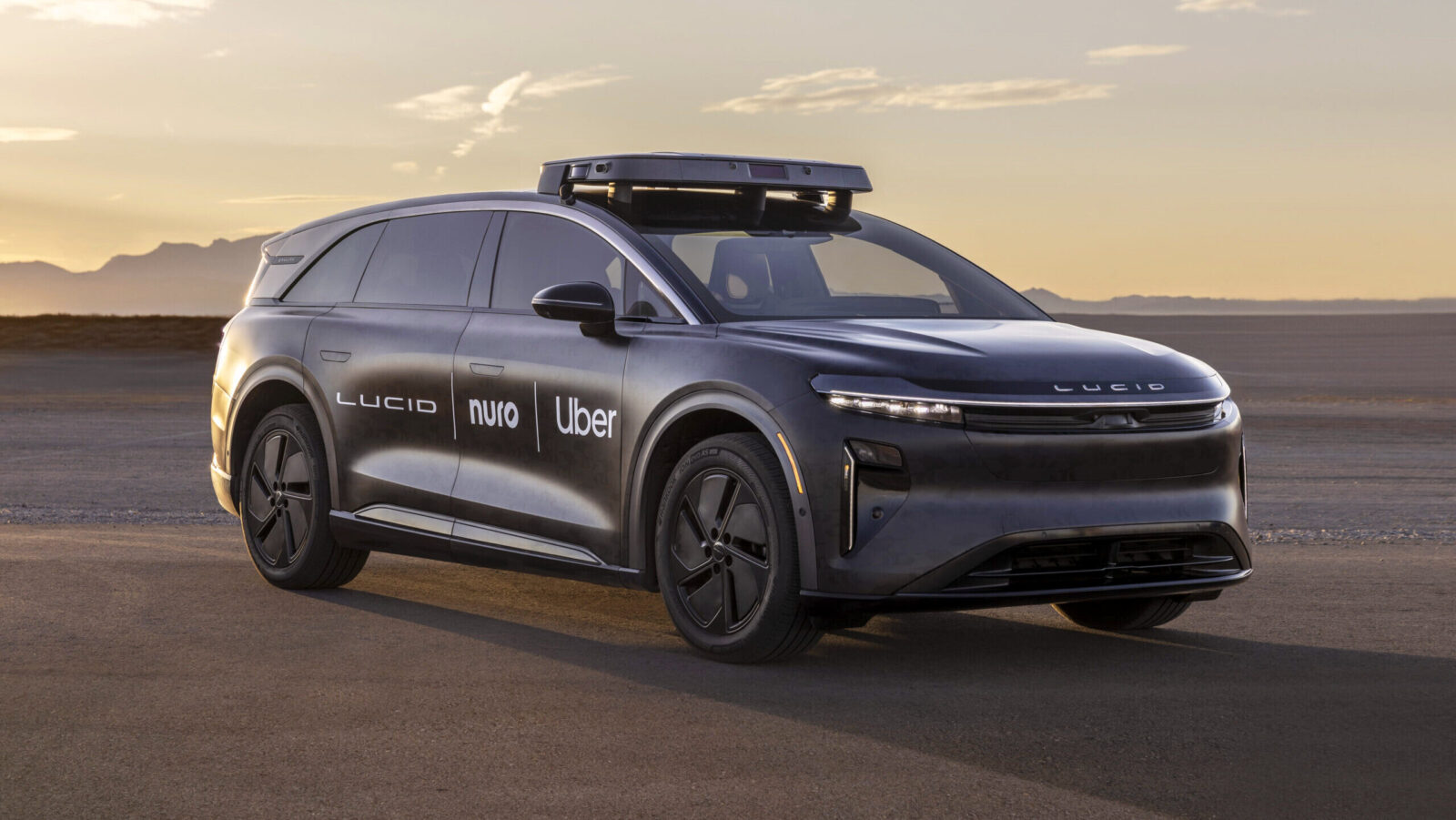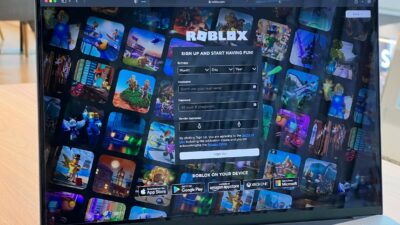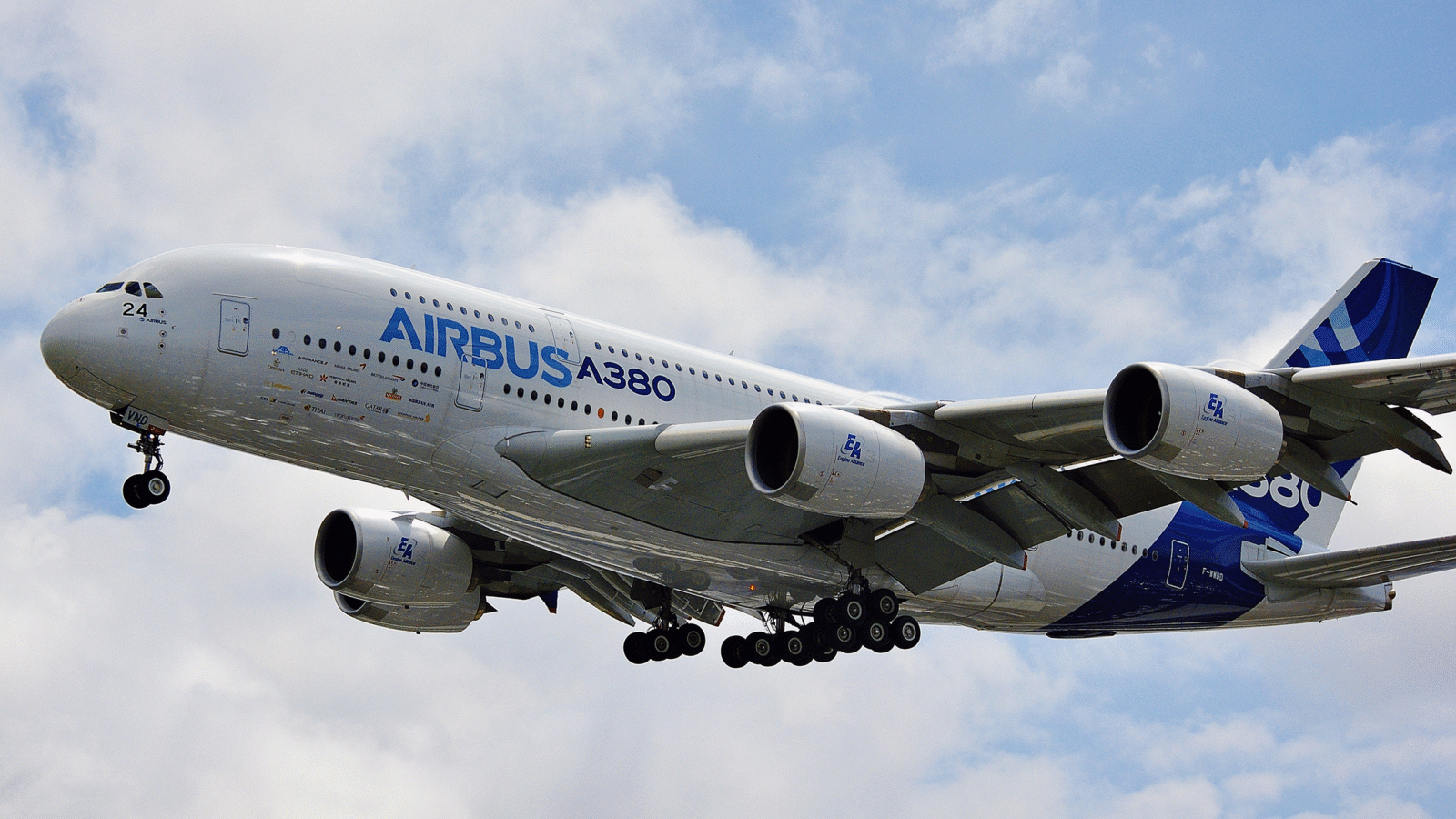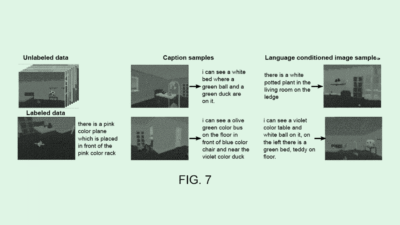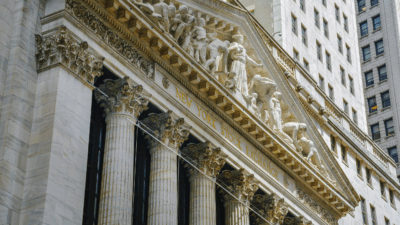The DoJ Won, But Google’s Monopoly Status May Have Already Been in Peril
The DOJ prevailed in its lawsuit arguing Google illegally conducted business to maintain a monopoly in the search engine industry.
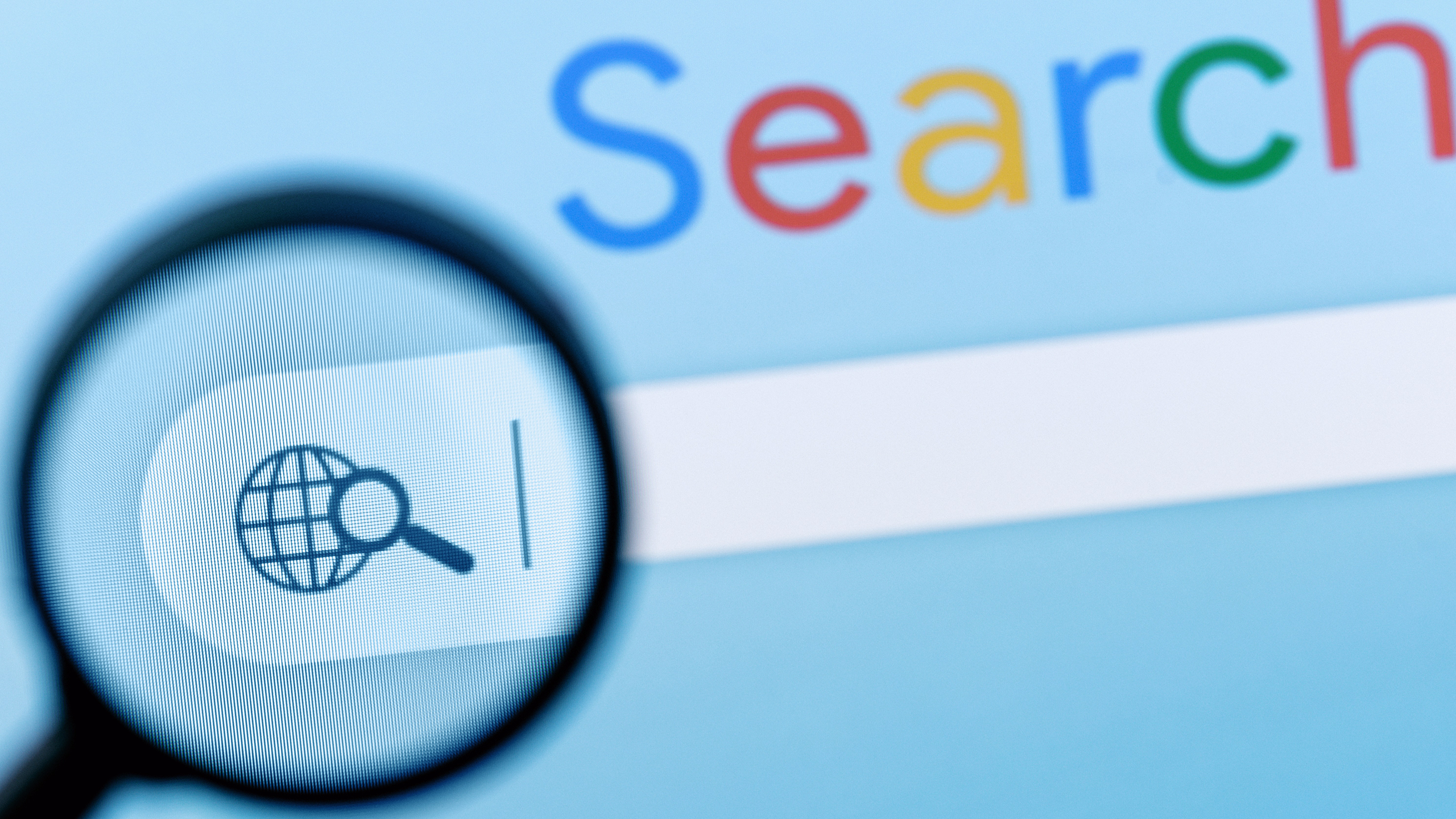
Sign up for smart news, insights, and analysis on the biggest financial stories of the day.
Why should European trustbusters have all the fun?
Last week, the US Department of Justice prevailed in its lawsuit arguing Google illegally conducted business to maintain a monopoly in the search engine industry. The landmark decision marks the first major antitrust win over Big Tech since the Microsoft case in 1998. It’s also regulators’ biggest victory this century in a case claiming a company violated Section 2 of the Sherman Act. Perhaps not so coincidentally, Google’s search monopoly is showing signs of cracking.
Search and Destroy
Section 2 of the Sherman Act is pretty clear, stating no party can “monopolize, or attempt to monopolize … any part of the trade or commerce among the several States.” But the modern Supreme Court has found plenty of room for interpretation — and, according to antitrust proponents, plenty of opportunity to erode the act’s power. In the 2004 Verizon v. Trinko case, for instance, the court essentially argued “the pursuit of monopoly, even for short periods of time, is actually socially beneficial,” Daniel Hanley, senior legal analyst at the Open Markets Institute, told The Daily Upside. Anat Alon-Beck, a professor of corporate law at Case Western Reserve University, told The Daily Upside that the US has always believed in the social benefit of monopolies — until it hasn’t. Like the railroad giants and oil barons of a century ago, Alon-Beck argued that Google spent years building important and useful infrastructure in the digital world. That inevitably creates insurmountable barriers to entry for competitors, sparking antitrust action.
But if antitrust action is inevitable for monopolies, so too may be complacency. “Between 2010 and 2020, specifically when COVID hit, I think [Google’s] pace of innovation actually slackened,” Udayan Bose, founder and CEO of digital growth marketing agency and Google Premier Partner NetElixir, told The Daily Upside. It’s why Google’s roughly 90% search market share may be weakening, with or without regulatory enforcement:
- Google has long been wary of Gen Z’s habit of using TikTok and Instagram for searches it traditionally fields. Worse, artificial intelligence chatbots threaten to undermine the entire industry.
- Meanwhile, companies using Google’s ad platform have faced annual cost-per-click inflation, without necessarily seeing increased performance. According to Bose, many small and mid-sized clients have grown increasingly curious about diversifying strategies off the platform as margins deteriorate.
Are We Exclusive? Still, it’s the courts that will act as the biggest catalyst for cracking the monopoly. In September, all parties of the case will reconvene to address remedies to Google’s antitrust violation. That may include forcing the company to divest its Chrome browser, or, more likely, requiring that Google end exclusivity deals with fellow tech players (such as paying Apple $20 billion per year to maintain its status as the default search engine on iDevices). Of course, Google will almost certainly appeal the decision, a process that’ll likely take years to conclude. By then, the world may be a lot different. As one former senior Google executive recently told Reuters: “AI is going to move faster than the speed that DOJ can move against Google.”
